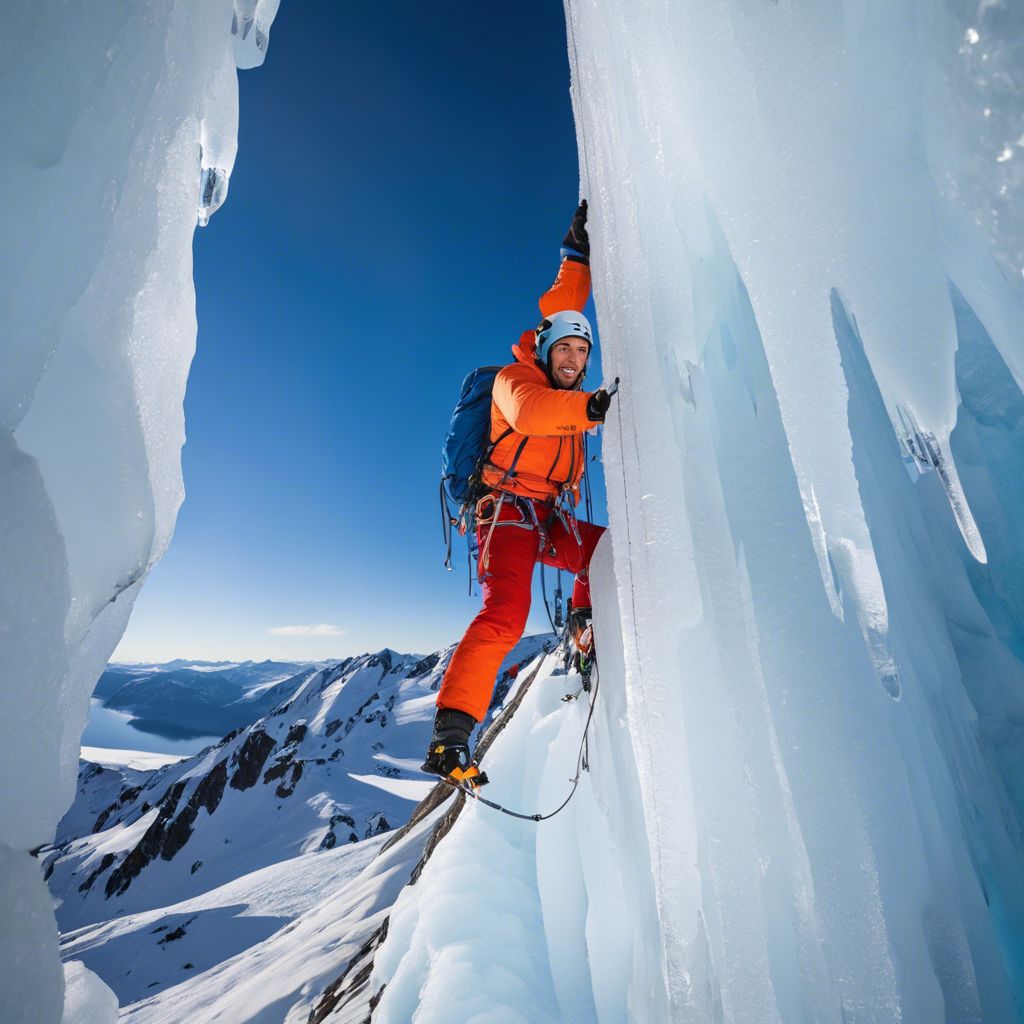Choosing the right ice climbing gear is essential for a safe and enjoyable experience. This includes selecting sharp and sturdy crampons that provide secure footing on ice, and ice tools that feel comfortable in your hands and allow for precise placements. Additionally, investing in a good pair of insulated and waterproof gloves will keep your hands warm and protected while handling icy surfaces and metal tools.
Another critical skill is learning proper climbing technique. Understanding how to use your crampons and ice tools effectively will make your climbing more efficient and less tiring. Practice good footwork, maintaining a stable and balanced position, and driving your crampons securely into the ice with each step. Develop a smooth and rhythmic swinging motion with your ice tools, aiming for solid placements that can support your weight.
It is also beneficial to understand the different types of ice and their respective climbing challenges. There are various ice formations, from delicate icicles and fragile columns to thick, blue glacial ice. Each type requires adapting your climbing technique, so seek out a variety of conditions to expand your skill set.
Climbing with a partner is always recommended for added safety. Learn how to effectively belay your partner, provide secure anchors, and establish solid top-rope systems. Good communication is key, so develop clear and concise signals and commands to ensure smooth and safe climbing.
Additionally, it is essential to conserve energy and pace yourself, especially on longer routes. Efficient technique will help you climb with less effort, and knowing when to rest and refuel is crucial for maintaining performance. Stay hydrated, snack on high-energy foods, and take breaks as needed to ensure your body can sustain the physical demands of ice climbing.
Visualizing your climb before attempting it can also boost your confidence and performance. Picture yourself making smooth tool placements and secure foot placements. Envision your body moving efficiently and confidently up the ice, and believe in your ability to execute each move with precision.
Lastly, remember to respect the environment you’re climbing in. Be mindful of fragile ecosystems, and try to leave no trace by packing out any trash and minimizing your impact on the ice and surrounding terrain. Always follow local guidelines and regulations for climbing in sensitive areas.
Ice climbing provides a unique and rewarding experience, offering breathtaking scenery and a sense of accomplishment. By mastering essential skills, staying safety-focused, and adopting a confident mindset, you’ll be well on your way to enjoying the vertical world of ice climbing. So get out there, stay sharp, and have fun!
I hope this article inspires and prepares readers to venture into the exciting world of ice climbing, and remember to always climb with confidence!
Is there anything you would like to add or change in this article? I can provide additional paragraphs to enhance the content further if needed.
